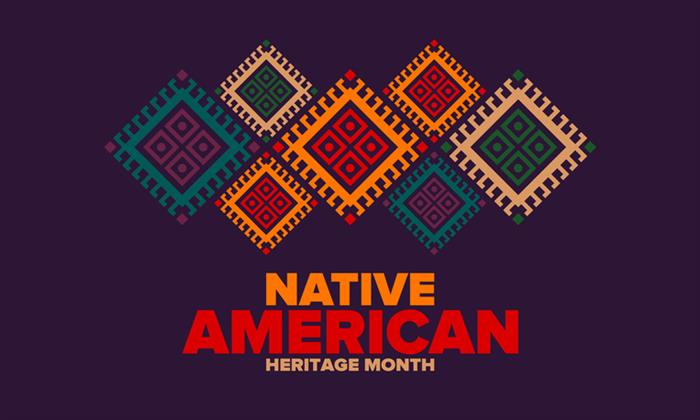
Log In


Since the beginning of our nation, Native Americans and Indigenous communities have been a powerful influence on modern U.S. society. Although art, beadwork, music and dancing may first come to mind when you think of Native American contributions to today’s culture, did you know that many of the foods we consider to be staples, such as potatoes, wild rice, beans, corn, and peanuts were first grown and harvested by Native Americans? Not only that, but Native American groups also taught European settlers some of their farming techniques to help them survive and live off of the land, many of those practices are still used today. American Indians were also the inventors of goods we rely on every day, like topical pain relievers, baby bottles, and even rubber products.
American Indian and Indigenous peoples are well-known for their distinctive, vibrant cultures and traditions that date back thousands of years. With over 570 federally recognized tribes across 36 states, more resources in the form of scholarships have become available to support students who are of Alaska Native, Native American, Native Hawaiian/Islander, or Indigenous descent.
If you or someone you know is eligible, the Truman D. Picard Scholarship is available to Native American students who are interested in pursuing a degree in natural resources.
Beginning in 1990, U.S. Presidents have continued the tradition of annually proclaiming November as Native American Heritage Month. When President Joe Biden issued his proclamation this year, he stated “during National Native American Heritage Month, we celebrate the countless contributions of Native peoples past and present, [and] honor the influence they have had on the advancement of our Nation.”
This year is arguably the most significant and celebratory for American Indian communities and advocates for Native American progress. For the first time in U.S. history, Deb Haaland, a Native American woman and member of Pueblo of the Laguna, was confirmed by the Senate in March 2021 to serve as Interior Secretary of the Cabinet of the United States. In 2020, there was a record-breaking number of Native Americans (six in total) elected to serve in the U.S. Congress.
This month, NASA celebrates the contributions made by the organization’s personnel who are of American Indian and Indigenous ancestry by featuring a profile for each employee that highlights their roles in areas like engineering, communication, and quality assurance that ensure the success of NASA’s missions.
Across the board, the United States has seen the most representation of Native American leaders in mainstream culture than ever before. These accomplishments serve as an inspiration for students across the nation who have this heritage, and encourages them to see their unique perspective as an asset that can benefit others. Now more than ever, Native American students have more opportunities to build a better future for themselves and to set their sights on even bigger goals.